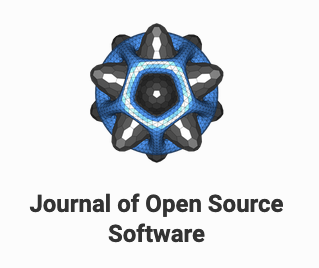"Data upon request" no longer ethical?

A recent paper in the Journal of Clinical Epidemiology indicates that researchers in their sample who indicate data is available upon request actually fail to comply with data requests in 93%.
This seemed to make a great impression on Twitter, with over 3,000 retweets and 15,000 likes (at the time of writing).
Our new study shows that data availability statements are not very useful; 1670 (93%) authors who indicated that data are available on request either did not respond or declined to share their data with us. Journal of Clinical Epidemiology: https://t.co/4IT2Dgphl4 pic.twitter.com/vZBIlawICg
— Livia Puljak (@liviapuljak) June 7, 2022
It didn't strike me as unexpected - not because I have such a good intuition about these things, but because this is a replication of an effect that has been documented time and time again.
A quick search in my Zotero library gives me the following papers, and I'm sure there are more:
- 2006 - The poor availability of psychological research data for reanalysis
- 2012 - (Un)Available upon Request: Field Experiment on Researchers' Willingness to Share Supplementary Materials
- 2020 - No raw data, no science: another possible source of the reproducibility crisis
- 2021 - Data sharing practices and data availability upon request differ across scientific disciplines
I am fine if people don't want to or cannot share data - it's as simple as writing down "data not available, also not upon request." There's a lot of valid reasons why requests fail - emails change, life happens, and academia as a system does not reward actually fulfilling the requests that come in.
We talk a lot about research integrity and being honest about data availability seems to be the lowest bar we can set.




Comments ()